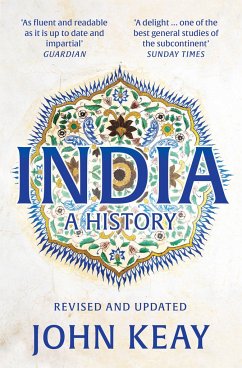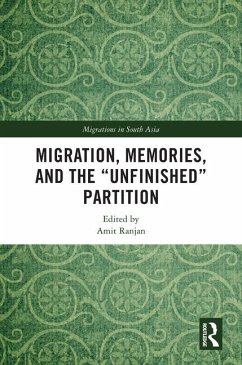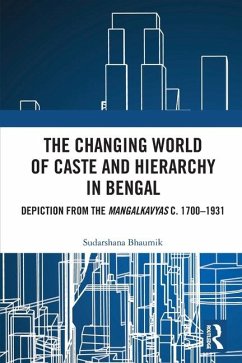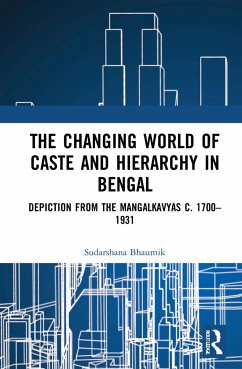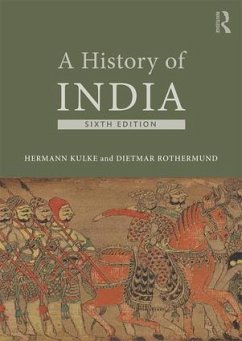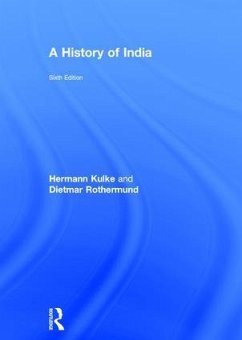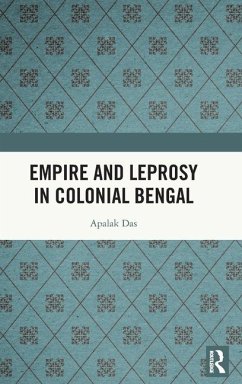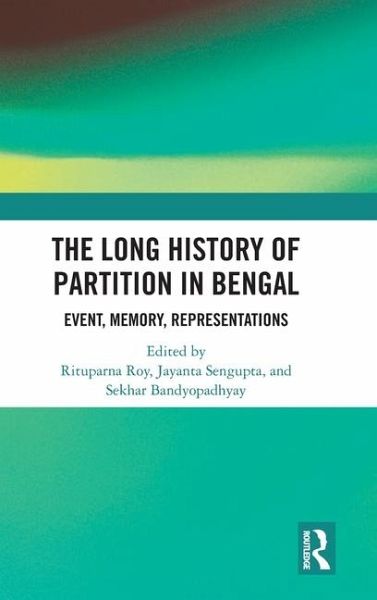
The Long History of Partition in Bengal
Event, Memory, Representations
Herausgegeben: Roy, Rituparna; Sengupta, Jayanta; Bandyopadhyay, Sekhar

PAYBACK Punkte
77 °P sammeln!
This book focuses on the aftermath of the 1947 Partition of India. It considers the long aftermath and afterlives of Partition afresh, from a wide and inclusive range of perspectives and studies the specificities of the history of violence and migration and their memories in the Bengal region. The chapters in the volume range from the administrative consequences of partition to public policies on refugee settlement, life stories of refugees in camps and colonies, and literary and celluloid representations of Partition. It also probes questions of memory, identity, and the memorialization of ev...
This book focuses on the aftermath of the 1947 Partition of India. It considers the long aftermath and afterlives of Partition afresh, from a wide and inclusive range of perspectives and studies the specificities of the history of violence and migration and their memories in the Bengal region. The chapters in the volume range from the administrative consequences of partition to public policies on refugee settlement, life stories of refugees in camps and colonies, and literary and celluloid representations of Partition. It also probes questions of memory, identity, and the memorialization of events.
Eclectic in its theoretical orientation and methodology, this book will be of interest to scholars and researchers of partition history, colonialism, refugee studies, Indian history, South Asian history, migration studies, and modern history in general.
Eclectic in its theoretical orientation and methodology, this book will be of interest to scholars and researchers of partition history, colonialism, refugee studies, Indian history, South Asian history, migration studies, and modern history in general.





